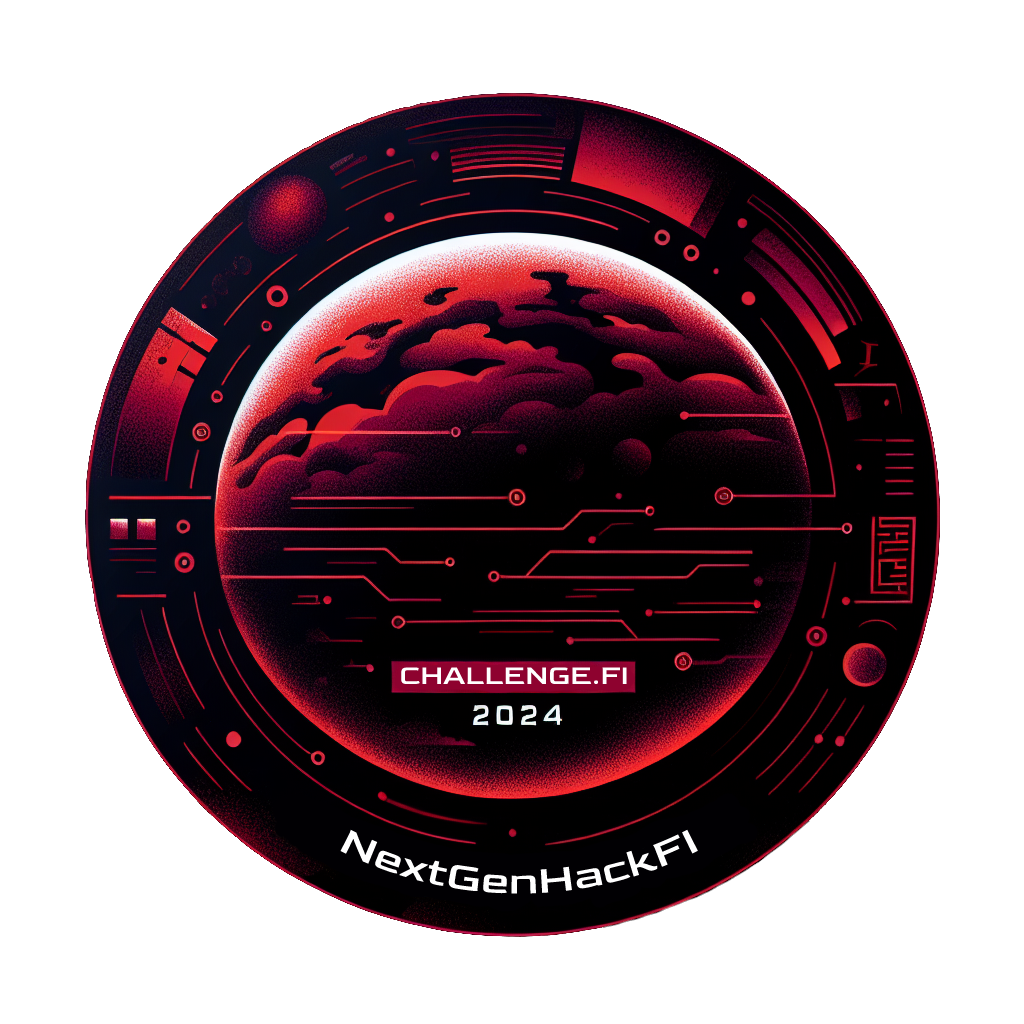Next Gen Hack Challenge
For the love of hacking and information security <3
The challenge is mainly aimed at young people under the age of 26, but the environment is open to everyone who wants to. However, rewards are only possible for challenge participants under the age of 26.
Participation is worthwhile, as we reward participants already during the challenge. There will be cyber-related swag, some of which will be unique, challenge-made prizes. By participating in the challenge, you may find yourself working in the field with us in the future!
From the participants, a team will be selected to officially represent Finland, which will take part in the European Cyber Security Challenge (ECSC) organized annually by ENISA at the end of 2024. Read more about the challenge here https://ecsc2024.it/
Follow our journey on Instagram
